Old Cheviot's pathless mossy peak;
For there the Mountain Spirit still
Lingers around the lonely hill,
To guard his wizard grottoes hoar
Where Cimbrian sages dwelt of yore;
Or, shrouded in his robes of mist,
Ascends the mountain's shaggy breast,
To seize his fearful seat—upon
The elf-enchanted Hanging-Stone,
And count the kindred streams that stray
Through the broad regions of his sway:--
Fair sister streams, that wend afar
By rushy mead or rocky scaur,
Now hidden by the clustering brake,
Now lost amid the mountain lake,
Now clasping, with protective sweep,
Some mouldering castle's moated steep;
Till, issuing from the uplands brown,
Fair rolls each flood by tower and town;
The hills recede, and on the sight
Swell the bold rivers broad and bright.
In his notes to the poem, he describes the Hanging Stone as:
'... a lofty cliff near the western summit of Cheviot, so called from its impending position over a huge rocky chasm or recess, in the bosom of the mountain, known by the name of Hell's Hole. Out of this grim recess flows the pretty Northumbrian stream of College Water, which is here divided by only a narrow neck of ground from the sources of the river Beaumont. The Hanging Stone is surmounted by an ancient cairn; and, either from the shadowy remains of olden legends, or from the savage aspect of the scenery around it, is still regarded by the neighbouring peasantry with a certain degree of superstitious dread'.

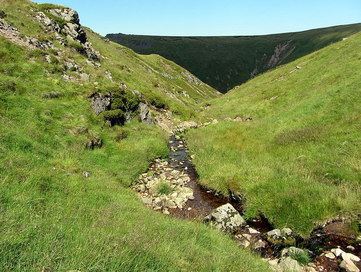
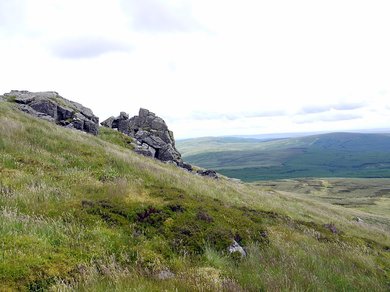
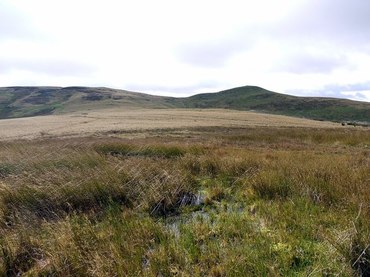
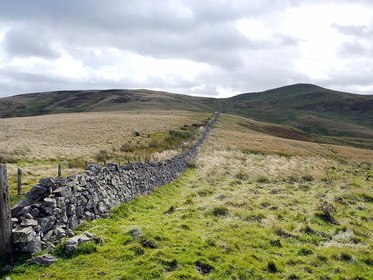
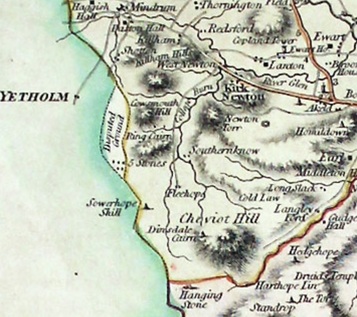
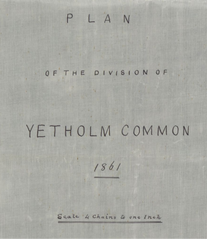
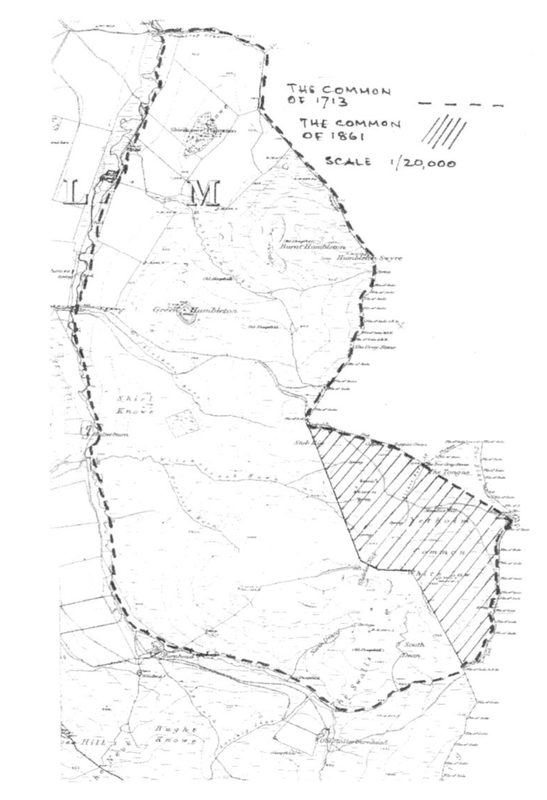
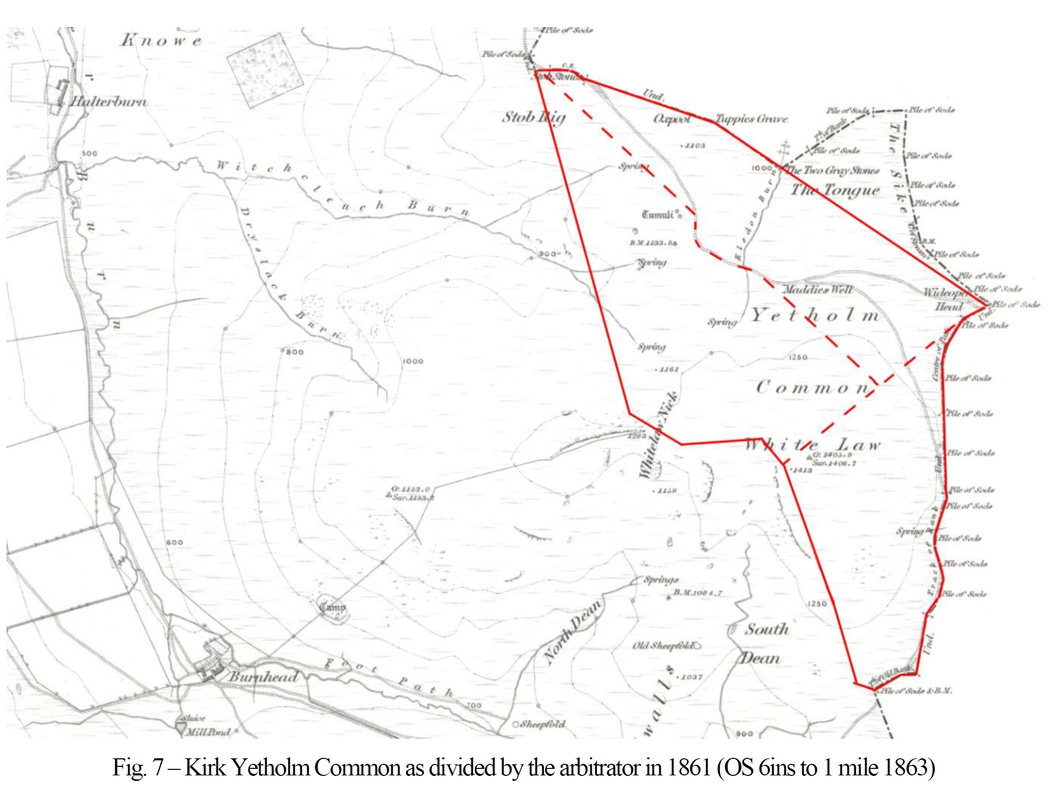
 RSS Feed
RSS Feed
